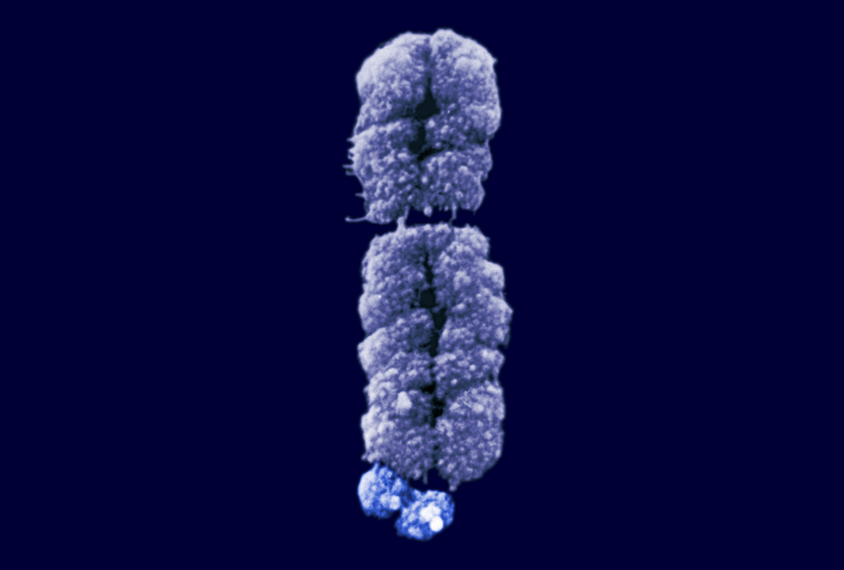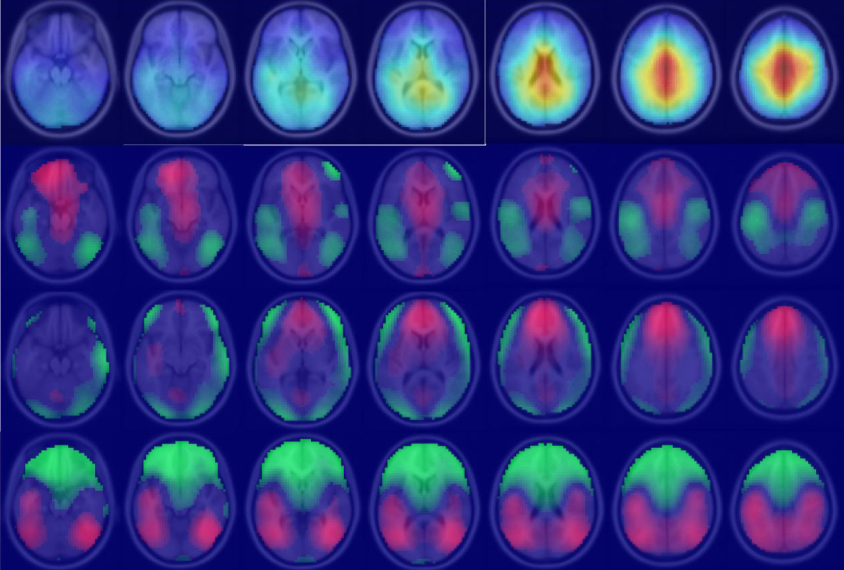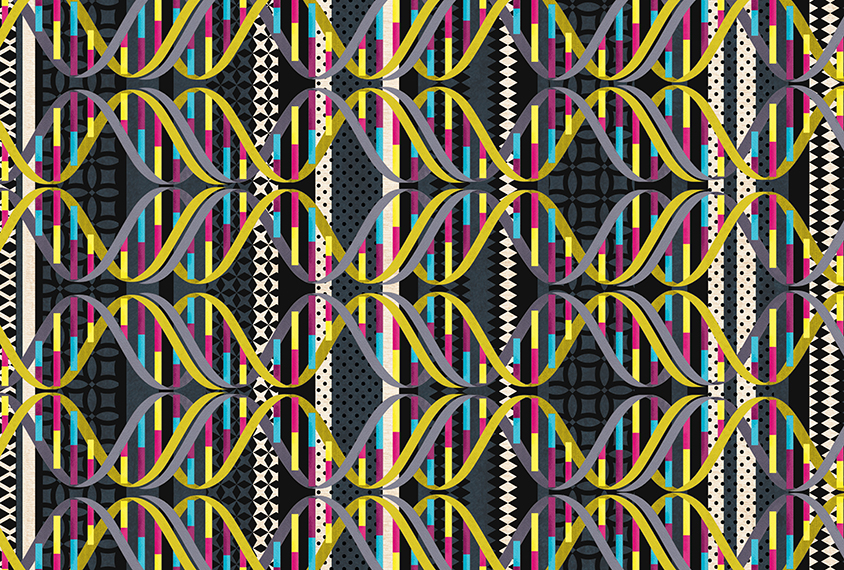Tara Santora is a former intern at Spectrum and a freelance journalist based in New York City. Tara has written about health and the environment for publications such as Psychology Today and Audubon magazine. They are also a graduate student at New York University’s Science, Health & Environmental Reporting Program.

Tara Santora
From this contributor
U.S. authorizes rapid blood test for fragile X syndrome
A new blood test can identify within seven hours whether a person carries the genetic mutation underlying fragile X syndrome.

U.S. authorizes rapid blood test for fragile X syndrome
New analysis of brain activity could identify signal for autism
A new technique allows researchers to analyze raw data across multiple studies that use electroencephalography.

New analysis of brain activity could identify signal for autism
Machine learning flags ‘mosaic’ mutations that may contribute to autism
A new technique detects rare mutations that occur in only a subset of the body's cells.

Machine learning flags ‘mosaic’ mutations that may contribute to autism
Smart jumpsuit may help test motor skills in infants with autism
A new jumpsuit is fitted with sensors that can track and classify an infant's posture and movements.

Smart jumpsuit may help test motor skills in infants with autism
Artificial neurons may repair damaged cells and circuits
Electronic neurons made from silicon mimic brain cells and could be used to treat conditions such as autism.

Artificial neurons may repair damaged cells and circuits
Explore more from The Transmitter
Two neurobiologists win 2026 Brain Prize for discovering mechanics of touch
Research by Patrik Ernfors and David Ginty has delineated the diverse cell types of the somatosensory system and revealed how they detect and discriminate among different types of tactile information.

Two neurobiologists win 2026 Brain Prize for discovering mechanics of touch
Research by Patrik Ernfors and David Ginty has delineated the diverse cell types of the somatosensory system and revealed how they detect and discriminate among different types of tactile information.
Shifting neural code powers speech comprehension
Dynamic coding helps explain how the brain processes multiple features of speech—from the smallest units of sounds to full sentences—simultaneously.

Shifting neural code powers speech comprehension
Dynamic coding helps explain how the brain processes multiple features of speech—from the smallest units of sounds to full sentences—simultaneously.
Astrocytes orchestrate oxytocin’s social effects in mice
The cells amplify oxytocin—and may be responsible for sex differences in social behavior, two preprints find.

Astrocytes orchestrate oxytocin’s social effects in mice
The cells amplify oxytocin—and may be responsible for sex differences in social behavior, two preprints find.